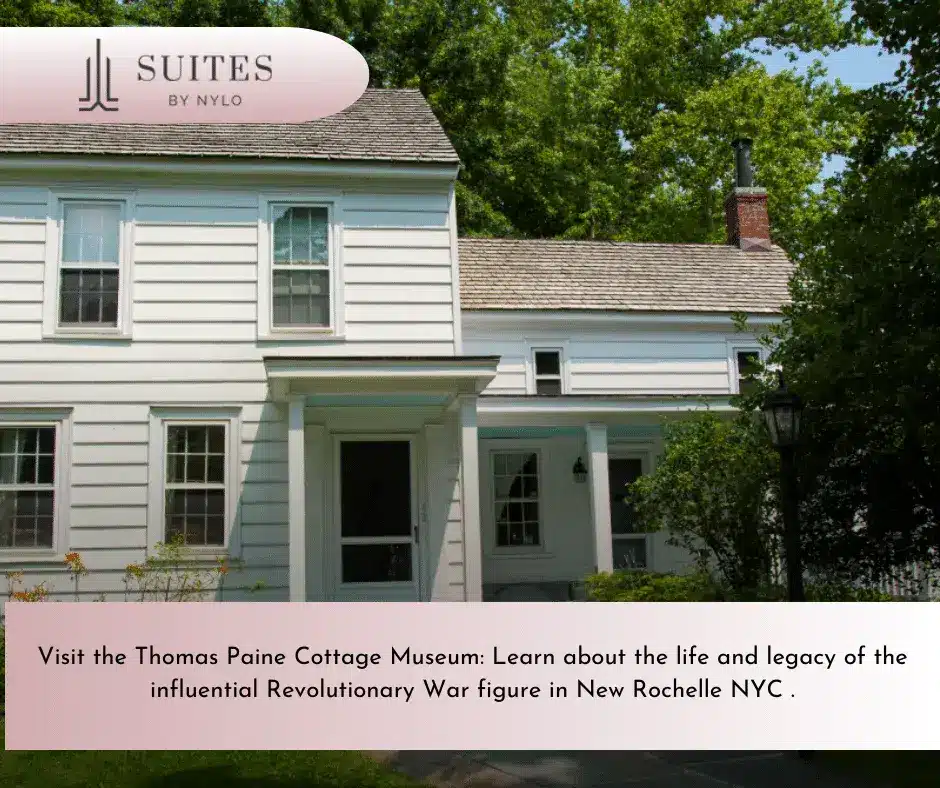The Thomas Paine Cottage Museum in New Rochelle, NYC, offers a deep dive into the life and legacy of this instrumental Revolutionary War figure. Within the walls of Paine’s original 18th-century homestead, you will find a wealth of personal items and historical artifacts that shed light on his groundbreaking political philosophy and fervent advocacy for individual rights and democratic governance. Guided tours and a meticulously preserved colonial garden further enhance the experience, providing a tangible link to America’s past. Yet, the question begs, what hidden stories lurk within the cottage’s hallowed halls, waiting to be discovered?
Delving Into Thomas Paine’s Life
Exploring the life of Thomas Paine provides a captivating glimpse into the world of a revolutionary political activist and philosopher, whose profound influence can still be traced in modern democratic principles. Born in England in 1737, Paine’s humble beginnings did little to deter his intellectual pursuits.
He moved to the American colonies in 1774 on the cusp of the American Revolution. His seminal work, ‘Common Sense,’ published in 1776, was instrumental in galvanizing public support for independence from British rule. Paine’s advocacy for individual rights, equality, and democratic governance left an indelible mark on the development of political philosophy.
His contributions are deeply woven into the tapestry of democratic societies, providing a shared heritage and a sense of belonging for citizens globally.
Exploring the Cottage Museum
Nestled in the heart of New Rochelle, New York City, the Thomas Paine Cottage Museum serves as a rich historical trove, offering visitors a vivid window into the life and times of this influential revolutionary figure.
The museum, housed in Paine’s original 18th-century cottage, provides an intimate glimpse into his daily life. Each room is meticulously curated, showcasing artifacts, personal belongings, and period furnishings, all of which narrate Paine’s extraordinary journey.
The museum organizes guided tours, allowing you to delve deeper into Paine’s political ideologies and contributions to the American Revolution. Moreover, the museum’s lush colonial garden, featuring plants from Paine’s era, offers a tranquil space for reflection.
Immersing yourself in this historical milieu fosters a profound sense of connection with our shared past.

